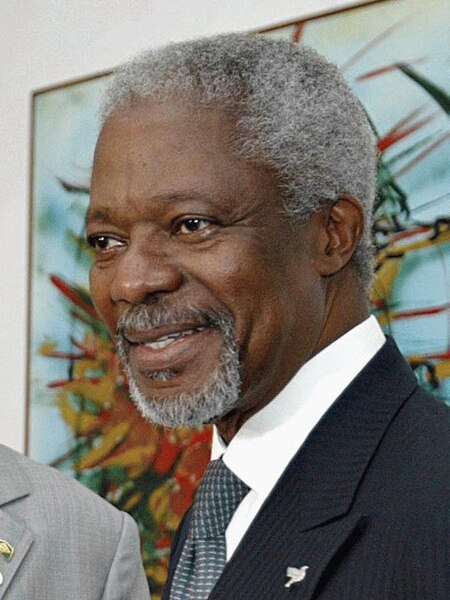 More than 20 years ago, Tatsuo Suzuki came up with the idea of building an artificial undersea ridge from coal ash to help increase the fish population and provide a new use for industrial waste. His project raised eyebrows, but it might have produced another upshot: helping to fight global warming.
More than 20 years ago, Tatsuo Suzuki came up with the idea of building an artificial undersea ridge from coal ash to help increase the fish population and provide a new use for industrial waste. His project raised eyebrows, but it might have produced another upshot: helping to fight global warming. The shape of the manmade ridge creates currents that cause nutrients to rise, sustaining tiny phytoplanktons. As these phytoplanktons go through photosynthesis, they suck up carbon dioxide from the atmosphere, according to Suzuki, who now heads the Environment Project Department of major general contractor Hazama Corp.
The Fisheries Agency projected in 2006 that one underwater ridge, which measures 120 meters long, 60 meters wide and 12 meters high, absorbs and stabilizes about 3,500 tons of carbon dioxide a year. Suzuki had a hunch that something like this might result. More >>>



















